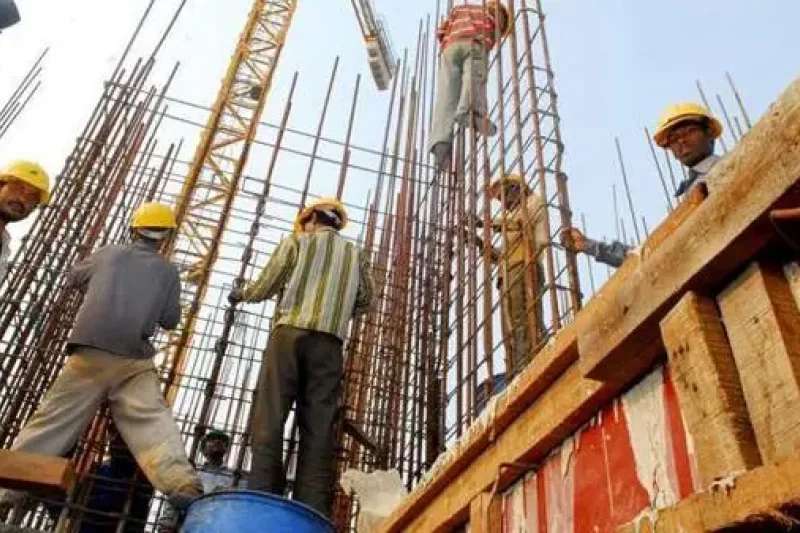Workers' Skills Gap Hinders Development
As Albania aims to join the EU in 2030, a large gap remains open in the skills of Albanian workers compared to those in the EU, according to a recent report by the Organization for Economic Cooperation and Development (OECD) on the convergence of Balkan countries with the EU.
While the European Union's average in the field of skills is set at 100 points, Albania only reaches 37 points, marking a deficit of 63 points that significantly limits the country's competitiveness or only 37% of the EU average.
Albania's weaknesses are related to the low level of diplomas in technical and scientific fields, low digital skills, low participation in lifelong learning, and low results in the PISA test, which compares student results around the world.
The OECD analysis highlights that Albania has insufficient investment in quality education, as public spending on education remains below 3% of GDP, compared to 5% in the EU.
The emigration of young people with skills, the "Brain drain", has contributed to the deepening of the skills gap by reducing the pool of qualified employees.
Albania also has a poor match between curricula and business needs. Low employee skills hinder sustainable economic development. With an unskilled workforce, output per employee remains low. This situation hinders the attraction of foreign investment, as investors seek talents that can support advanced technologies.
The skills gap between Albania and the European Union (EU) poses major obstacles to the country's long-term development, both economically and socially.
The mismatch between the skills required by the domestic market and those developed by the education system pushes young people towards emigration. Albania loses its most productive human potential, which further exacerbates the existing skills gap.
Structural inconsistency in education, training, and vocational education is considered a barrier to full harmonization with the acquis communautaire.
Those who fail to develop new skills end up excluded from the labor market or in the informal sector. The skills gap further increases inequality as the gap widens between those who benefit from the digitalization process and those who are left behind.
The EU is aiming to transition from a sustainable economy to a model based on advanced technology (Green Deal, digitalization), but Albania risks being left out of these transformations due to a lack of workforce skills.
Albania's 63-point gap in workforce skills with the EU is not just a statistic, but the boundary that separates our country from high-value-added economies. OECD experts point out that achieving sustainable progress requires deep reform in education, incentive schemes for the private sector, and a new culture of lifelong learning. Only in this way can Albania narrow the gap and build a more competitive labor market in the coming decade.













